PREVIOUS
Midday Meal Scheme – Part 3
September 18 , 2023
585 days
3347
0
(இதன் தமிழ் வடிவத்திற்கு இங்கே சொடுக்கவும்)
National Programme on Nutritional Support to Primary Education (NP-NSPE) (Midday Meal Scheme)
Anemia Reduction
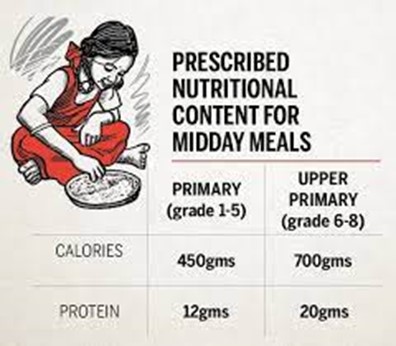
- The MDMS's provision of iron-rich meals has contributed to a reduction in Anaemia among school children.
- According to the National Family Health Survey (NFHS) data, the prevalence of Anaemia among children aged 6-59 months decreased from 70.1% in 2005-06 to 59.7% in 2015-16.
- While this decline can't be solely attributed to the MDMS, it aligns with the scheme's efforts to provide balanced meals.
Underweight Children
- The MDMS's nutritional support has led to a decrease in the percentage of underweight children.
- The NFHS-4 (2015-16) data showed that the percentage of children under the age of five who were underweight was 35.7%, down from 42.5% in NFHS-3 (2005-06).
- While multiple factors contribute to this decline, the MDMS's nutritional contributions likely played a role.
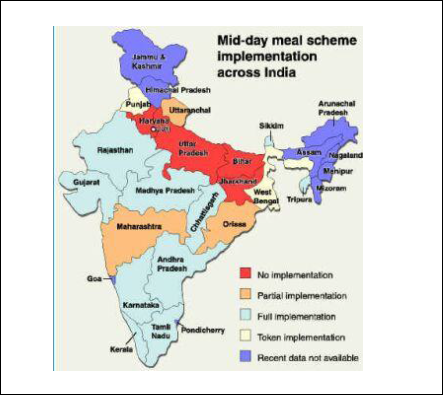
Case Study: Tamil Nadu
- Tamil Nadu's commitment to the MDMS is worth highlighting.
- The state's early and robust implementation has yielded positive results.
- A World Bank study indicated that the scheme contributed to better nutrition and improved learning outcomes in the state.
- Tamil Nadu's model emphasizes community involvement, with local women's self-help groups playing a crucial role in meal preparation and distribution.
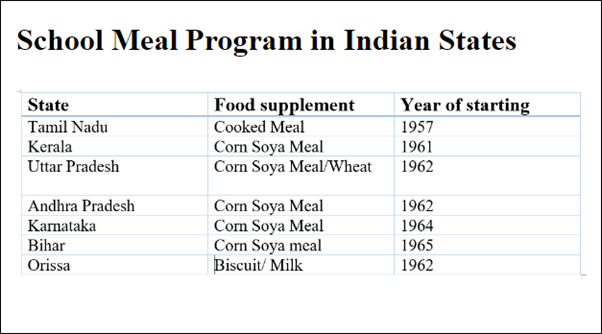
Challenges
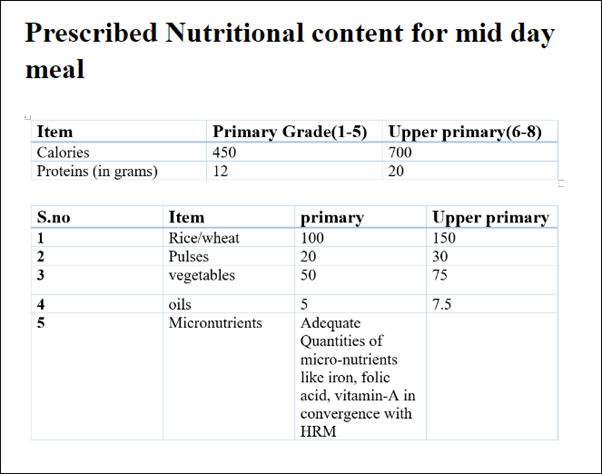
Malnutrition threat
- According to the National Family Health Survey-5, the levels of child malnutrition have gotten worse in a number of states across the nation.
- According to the recently released Global Nutrition Report (GNR, 2021), India has made no progress on Anaemia and childhood wasting.
- Over half of Indian women in the age group 15-49 years are anemic.
- As girls in India finish school, get married and have children all in just a few years so school-based interventions can really help.
- Nearly 50% of severely wasted children under the age of five and 30% of stunted children worldwide reside in India.
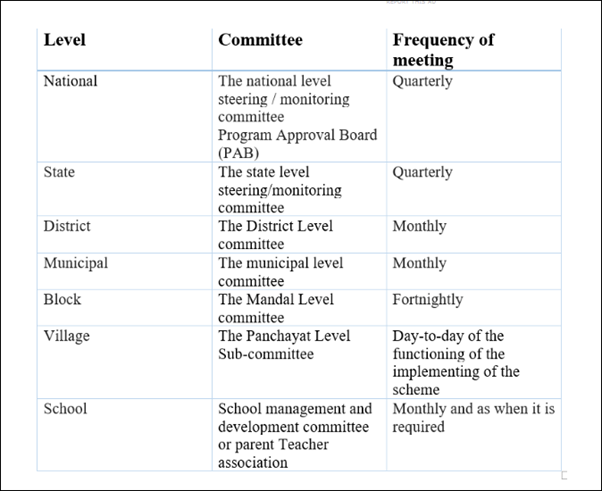
Global Hunger Index (GHI)
- India is placed 94th out of 107 nations in the GHI 2020.
- India has slipped to 101st position in the Global Hunger Index (GHI) 2021 of 116 countries.
- India is placed 107th out of 121 nations in the GHI 2023.
- India has a "severe" hunger problem.
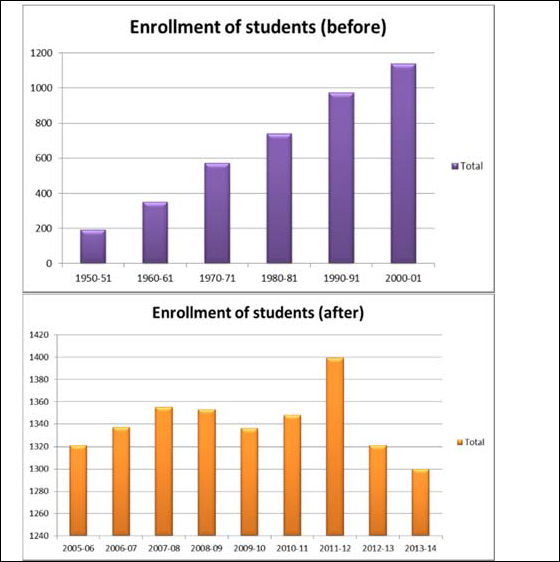
Poor food quality
- Because large quantities of food must be produced and distributed to pupils.
- There is a high possibility that the food contains worms or is of poor quality.
- There have been incidents where ordinary chapatis were supplied with salt, milk was contaminated with water, food poisoning occurred, etc.
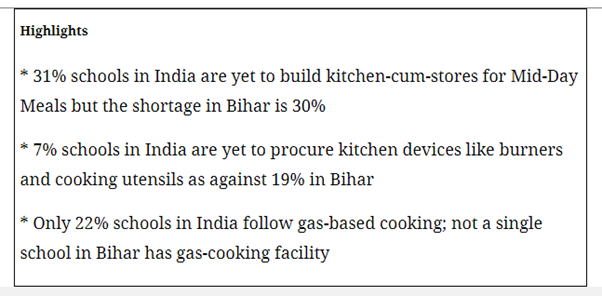
Covid-19
- Covid-19 has posed significant risks to children's rights to nutrition and good health.
- Mid-Day Meals have been affected by the statewide lockdown, which has hindered access to other necessities.
- It is particularly for girl students who experience more discrimination at home, they are more likely to drop out of school as a result of the closures.
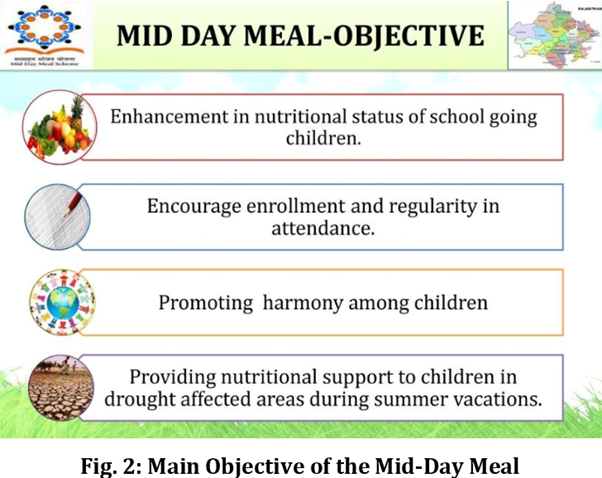
Food waste
- Due to poor food quality, many students may not consume their meals and instead toss them away, resulting in food waste.
Money defrauding
- Fake enrolments are on the rise as a result of the supply of the mid-day meal plan, which causes a financial dilemma.
Quality Control
- Ensuring the consistent food quality and hygiene is a challenge due to inadequate kitchen facilities and storage.
- In some instances, it is lead to lack of proper hygiene practices which have led to subpar food quality.
- This can result in meals that are unappetizing and potentially unsafe for consumption.
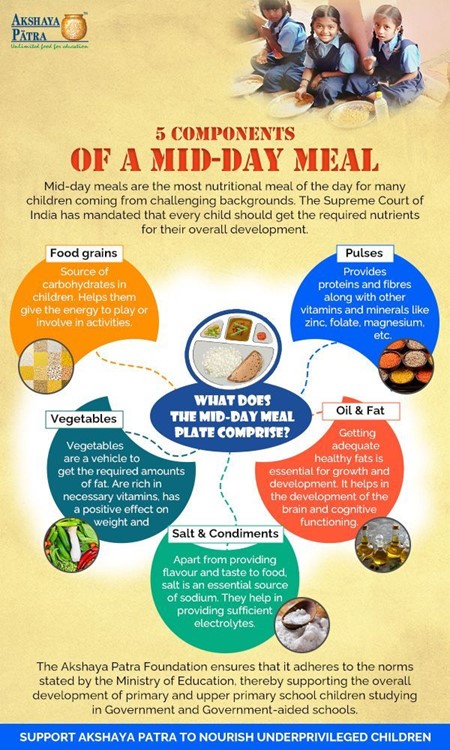
Infrastructure
- Many schools lack proper kitchens and dining spaces, impacting meal preparation and distribution.
- Many schools in remote areas lack dedicated kitchens, leading to meals being prepared in makeshift spaces.
- This compromises food safety and hygiene standards, impacting the overall quality of meals.
Distribution Delays
- Logistical issues can lead to delayed meal distribution, affecting children's regular nutritional intake.
- Some reports have emerged of delays in meal distribution due to the logistical challenges.
- In some cases, meals meant for mid-day consumption were served much later in the afternoon, affecting children's regular eating patterns.
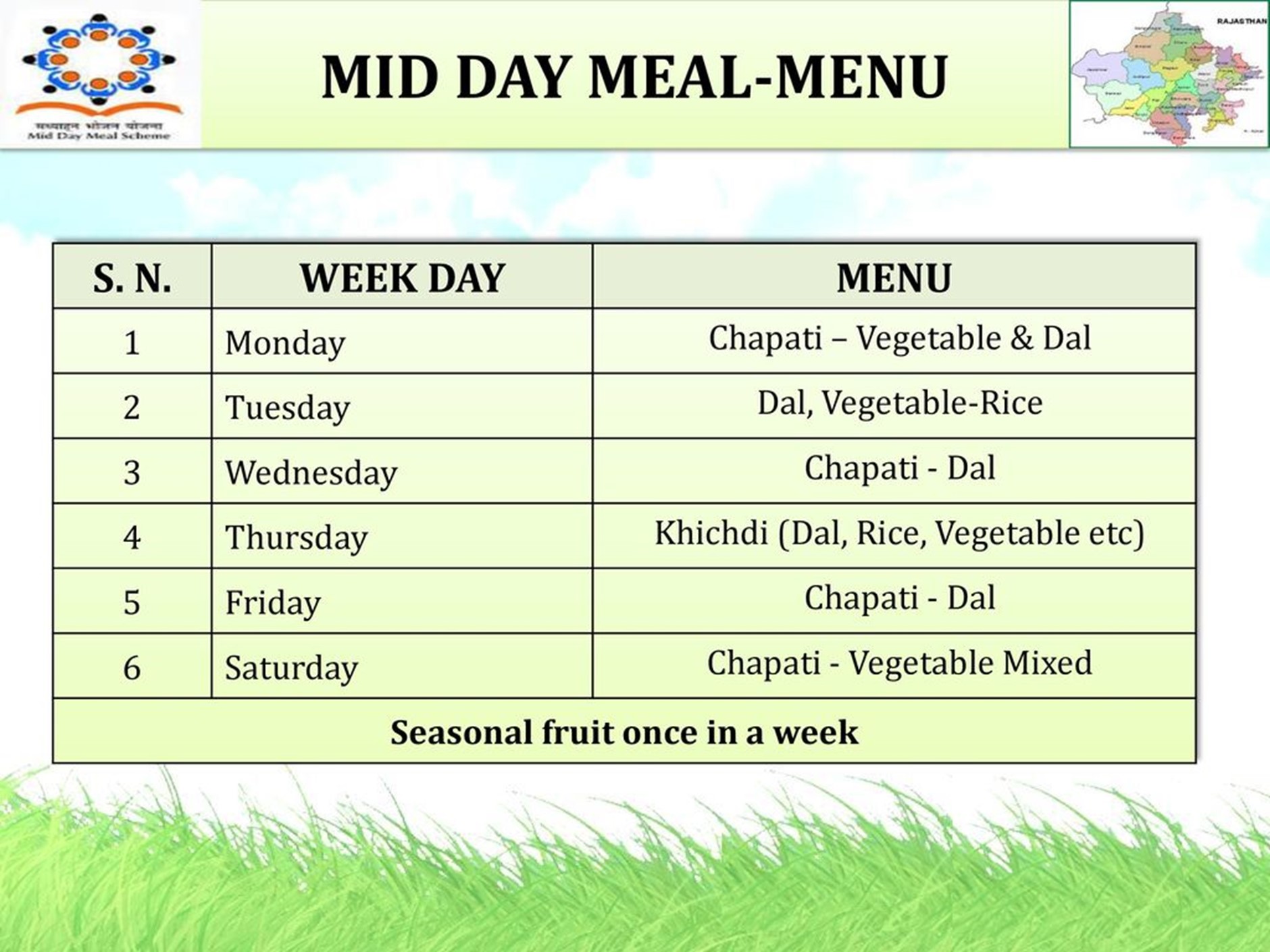
Caste Bias and Discrimination
- Food is central to the caste system, so in many schools, children are made to sit separately according to their caste status.
PM POSHAN
- The revamped scheme has been launched for 5 years, from 2021-22 to 2025-26.
- The government hopes it will benefit 11.80 crore children studying in 11.20 lakh schools across India.
- The central and state governments pool resources in a ratio of 60:40 for general category states.
- This would be 90:10 for special category states, as it was before.
- The POSHAN Abhiyaan has been shaped in part by the NITI Aayog.
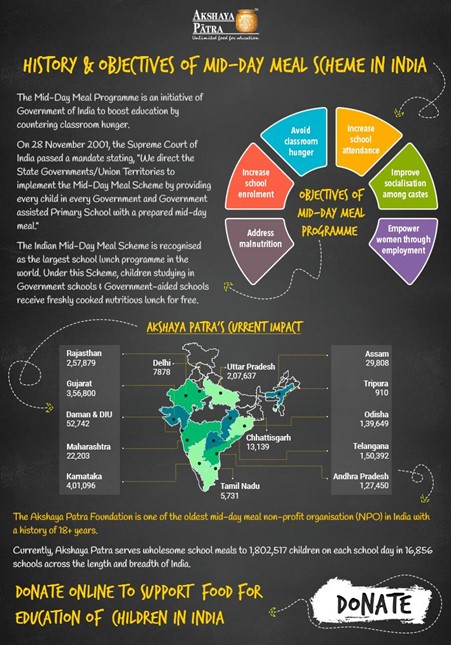
Major Changes introduced to the scheme
- Apart from providing the nutritional meals to schoolchildren, the revamped scheme will also focus on monitoring the nutritional levels of school children.
- A nutritional expert will be appointed in each school to ensure that the BMI (Body Mass Index), weight levels and hemoglobin levels of the students are monitored.
- In districts with a high prevalence of Anaemia, the special provisions for nutritional items would be made.
- There could also be cooking competitions held under the scheme to promote ethnic cuisine.
- It will be innovative menus based on local ingredients.
- The scheme is proposed to be extended to students studying in pre-primary or Bal Vatikas of Government and Government-aided primary schools.
- The concept of ‘Tithi Bhojan’ will be encouraged extensively.
- Tithi Bhojan is a community participation programme in which people provide special food to children on special occasions/festivals.
- The Government is promoting development of School Nutrition Gardens in schools to give children first-hand experience with nature and gardening.
- The harvest of these gardens will be used in the scheme to provide additional micro nutrients.
- Social Audit of the scheme is made mandatory in all the districts.
- Special provision is made for providing supplementary nutrition items to children in aspirational districts and districts with high prevalence of Anemia.
- Involvement of Farmers Producer Organizations and Women Self Help Groups in implementation of the scheme will be encouraged.
- Use of locally grown traditional food items for a fillip to local economic growth will be encouraged.
- Field visits for progress monitoring and inspections will be facilitated for students of eminent Universities/Institutions.
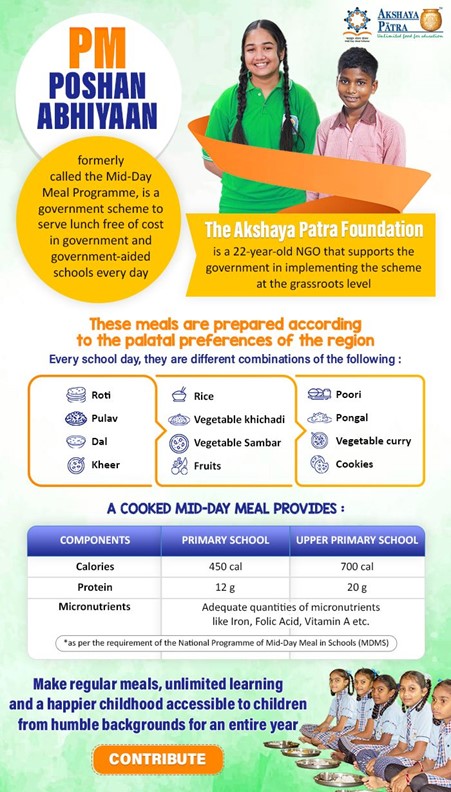
Way forward
- Bihar’s Bettiah district and thane district of Maharashtra have employed mothers as quality monitors of mid day meal food served.
- It has produced good results.
- This should be replicated in the rest of the country.
- Seeking the help of corporates is an easy way out.
- It is opening the door to a system of contractors.
- Public private partnership must be encouraged for better facilities.
- Cooks should be well paid, so that they work with interest and commitment.
- There should be proper provision of LPG, kitchen and store room for Mid-Day Meal preparation.
- Ensure timely transfer of funds and good grains to schools is a must.
- The quality of food grains and cooked meals must be checked regularly and all complaints regarding the quality must be solved urgently.
- For intergenerational benefits, school meals must be expanded and improved.
- School-based treatments can be quite beneficial.
- The Government should remove the loopholes in mid-day meal scheme.
- Establishing robust monitoring mechanisms is vital for maintaining the scheme's integrity.
- Regular inspections, feedback loops involving parents and communities, and the use of technology can enhance transparency and accountability.
- When stakeholders actively participate in monitoring, it becomes easier to identify and rectify issues promptly.
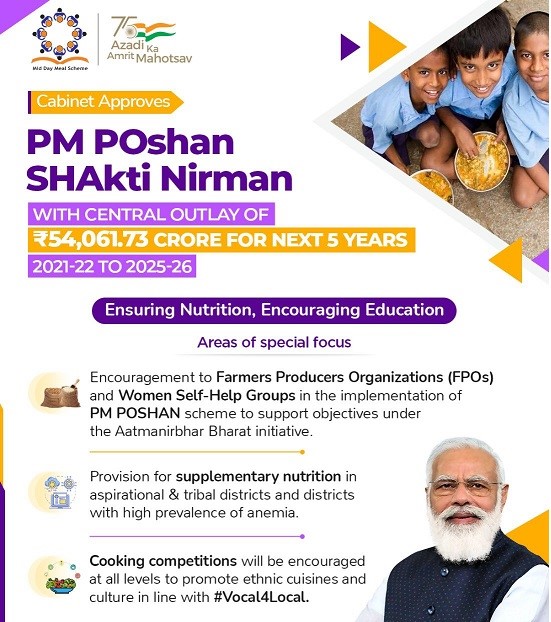
Leave a Reply
Your Comment is awaiting moderation.


